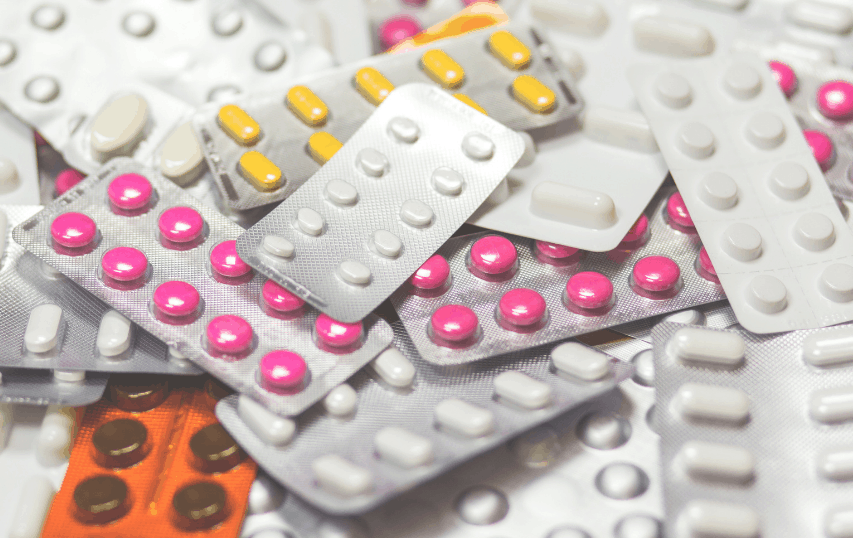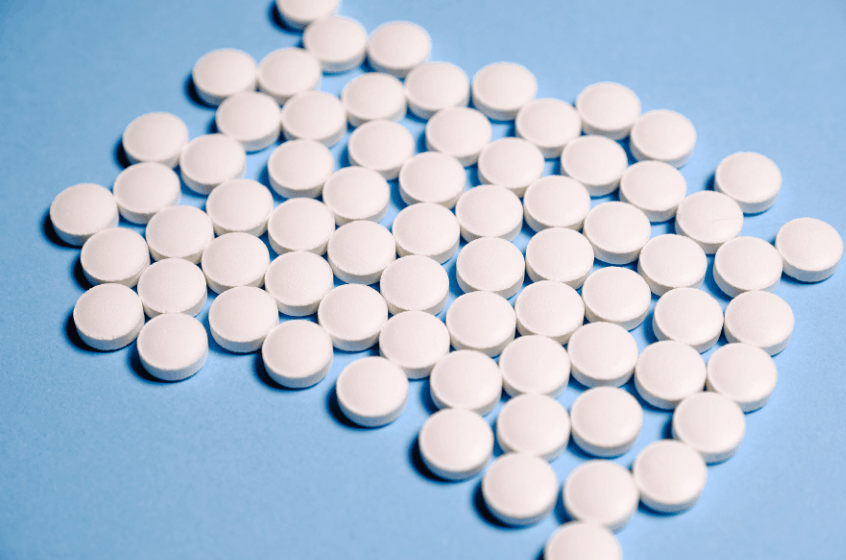
Amphetamine Addiction
While prescription opiates are leading to the cause of many deaths resulting in the opioid epidemic, there are other prescription medications being abused and resulting in dependency. Besides opiates and benzodiazepines, amphetamines are the most abused prescriptions on the planet. Although they can help individuals prescribed with them for a number of mood disorders and learning conditions, these medications can lead to full-blown addiction.
What Are Amphetamines?
According to the Centre for Addiction and Mental Health, amphetamines are stimulant drugs meant to speed up the central nervous system. Amphetamines are drugs only legally used in medical settings for the treatment of ADHD, ADD, narcolepsy, and depression when alternative treatment options have proven to be ineffective. Because amphetamines are central nervous system stimulants, they provide side effects which may be beneficial for individuals with these conditions. The effects of amphetamines may include:
- Increased energy
- Longer attention span
- Increased sociability
- Better focus
- Improved self-confidence
- Maintained moods
The types of amphetamines prescribed to individuals with conditions which qualify for a prescription include:
- Adderall
- Dextrin
- Vyvanse
- Generic ADHD pills
The Dangers of Amphetamine Use
While amphetamines offer the above side effects for those diagnosed with specific disorders or conditions, for others, they are dangerous. Those diagnosed with these conditions are placed on strict directions from their doctor. Since the brains of these individuals produce chemicals differently than the average person, amphetamine prescriptions affect them in a different way. For those who are not advised by a doctor to use amphetamines, addiction is a real danger. The potency of these drugs makes forming dependency easy. With long-term use, amphetamines can lead to:
- Malnutrition
- Increased heartbeat
- Frequent mood swings
- Seizures/convulsions
- Developed apathy for past interests
- Avoidance of social events, family, and/or friends
- Headaches
- Nausea/vomiting
- Chest pains
- Audio and visual hallucinations
- Psychosis
- Paranoia
- Overdose
- Extreme anxiety
- Death
The Stigma of Amphetamines and How it Relates to Addiction
Some people may have used Adderall during college to get through finals but now they find themselves taking a bottle every week. Others may have started to use Vyvanse to push through a few extra overnight shifts at work, but now they find they’re spending over $100 every week on their drug of choice. This is due to the inherent potency and addictive nature of amphetamines. Amphetamines closely resemble the chemical composition of methamphetamine, hence the similarities in names. So, what some people are taking to simply stay awake or alert is actually a cousin drug to meth. This proves how potent, addictive, dangerous, and obviously, life-threatening these medications (for those un-prescribed) really are.
The Challenge of Stopping Amphetamine Use
One bottle of amphetamines can lead to dependency. Drug dependency is when the body adapts to the presence of a drug. When this happens and the drug isn’t administered, the body reacts negatively. These negative symptoms are known as withdrawal. Experiencing unpleasant withdrawal symptoms is a common reason individuals have difficulty ceasing amphetamine use. Some of the withdrawal symptoms an individual dependent on amphetamines will experience may include:
- Feelings of depression
- Sleepiness
- Exhaustion
- Nightmares
- Inability to get to or stay asleep
- Short-term amnesia
- Aggression
- Anxiety/paranoia
- Trouble concentrating
- Impaired judgment
Treatment for Amphetamine Addiction
Those who have tried to quit using amphetamines and have failed, those who have experienced negative consequences of using amphetamines, and those who feel their lives would be more balanced without the use of amphetamines may be struggling with amphetamine addiction. Fortunately, treatment for amphetamine addiction is effective for those who are motivated to live a life free from the holds of addiction. Treatment includes many methods of healing such as counseling services, holistic therapies, and aftercare services.
With a compassionate and supportive staff who have battled their own addictions and are in recovery themselves, individuals can develop helpful coping methods and obtain lasting healing. It may not be easy, but taking your life back from addiction could be what saves your life. Start on your road to recovery today by calling Asheville Recovery Center at (828)518-6996.
ARC Request a Confidential Callback


